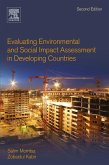
eBook, ePUB
17. Juli 2018
Elsevier Science & Techn.
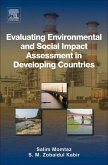
eBook, ePUB
5. April 2013
Elsevier Science & Techn.
Ähnliche Artikel
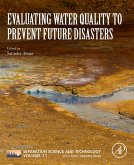
eBook, ePUB
24. Mai 2019
Elsevier Science & Techn.

eBook, ePUB
22. Oktober 2013
Elsevier Science & Techn.
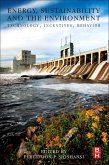
eBook, ePUB
2. Juni 2011
Elsevier Science & Techn.
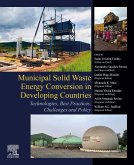
eBook, ePUB
16. Oktober 2019
Elsevier Science & Techn.
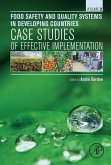
eBook, ePUB
28. November 2016
Elsevier Science & Techn.
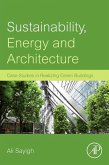
eBook, ePUB
25. September 2013
Elsevier Science & Techn.
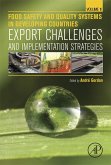
eBook, ePUB
2. Juni 2015
Elsevier Science & Techn.

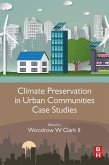
eBook, ePUB
12. November 2018
Elsevier Science & Techn.
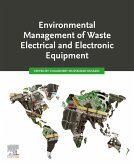
eBook, ePUB
11. April 2021
Elsevier Science & Techn.
Ähnlichkeitssuche: Fact®Finder von OMIKRON
